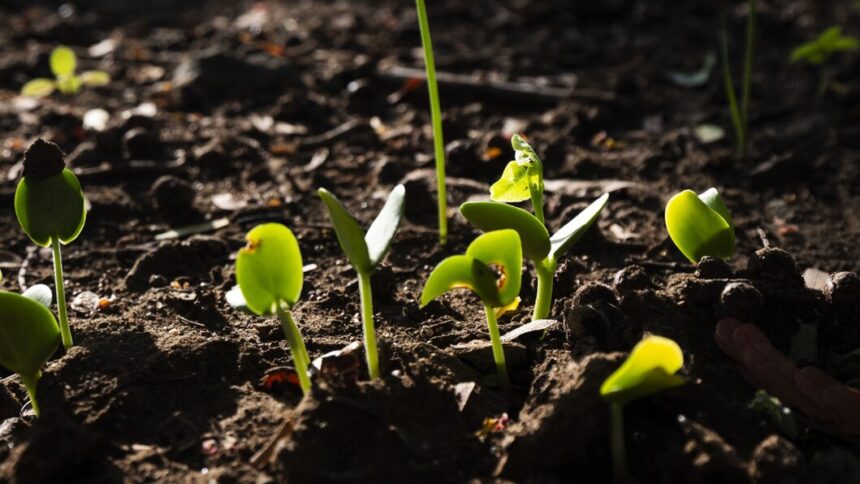Seed treatment is a critical step in the planting process that can significantly impact crop yields and overall farm productivity. For South African farmers, implementing effective seed treatment practices can ensure healthy germination and robust plant development, ultimately leading to successful harvests. Here’s a comprehensive guide on the importance of seed treatment and best practices for ensuring healthy germination.
Importance of Seed Treatment
- Disease Prevention: Seed treatment helps protect seeds from soil-borne pathogens and diseases. By applying fungicides and bactericides, farmers can reduce the risk of diseases that can impede germination and stunt plant growth.
- Pest Control: Insects and pests can attack seeds and seedlings, leading to reduced germination rates. Seed treatments often include insecticides that protect against harmful pests, ensuring that seeds can sprout without competition for nutrients.
- Enhanced Germination Rates: Treated seeds typically have higher germination rates and more uniform emergence. This uniformity leads to better crop establishment and maximizes the use of available resources.
- Nutrient Uptake: Certain seed treatments can enhance nutrient availability, helping seedlings access essential elements for growth. Coating seeds with fertilizers can provide a nutrient boost during the critical germination phase.
- Improved Stress Tolerance: Seeds treated with specific compounds can develop better resistance to environmental stresses, such as drought or extreme temperatures. This resilience can be vital for crop survival in varying climatic conditions.
Best Practices for Seed Treatment
- Choose the Right Treatment: Select seed treatment products based on the specific crops you are planting and the pests and diseases prevalent in your area. Consult with local agricultural extension services or experts to determine the most effective treatments.
- Follow Label Instructions: Always adhere to the manufacturer’s instructions regarding application rates and methods. Over-application can harm seeds or seedlings, while under-application may not provide adequate protection.
- Use Quality Seeds: Start with high-quality, certified seeds to ensure that you have the best possible genetic potential for germination. Treating inferior seeds may not yield the desired results, regardless of the treatment used.
- Optimize Treatment Methods: Various methods can be used for seed treatment, including soaking, spraying, and coating. Choose the method that best suits your seed type and the treatment product being used. Ensure thorough coverage for maximum effectiveness.
- Timing is Key: Treat seeds as close to planting time as possible to ensure the efficacy of the treatment. This minimizes the risk of degradation of the treatment and maintains seed viability.
- Storage Conditions: After treatment, store seeds in cool, dry conditions to prevent deterioration. High humidity and temperatures can negatively impact the treatment’s effectiveness and seed viability.
- Monitor for Efficacy: After planting, observe the germination rates and seedling health. If issues arise, investigate whether they may be linked to seed treatment and adjust practices as necessary for future plantings.
- Consider Biological Treatments: Explore biological seed treatments that enhance soil health and stimulate plant growth. These treatments can improve the microbial community in the soil, leading to healthier plants.
- Integrate with Crop Rotation: Implementing crop rotation alongside seed treatment can reduce disease pressure and pest infestations. Diverse cropping systems promote healthier soils and can lead to more successful germination and growth.
- Educate and Train: Stay informed about the latest developments in seed treatment technologies and practices. Participate in workshops, training sessions, and agricultural seminars to enhance your knowledge and skills in seed treatment.
Effective seed treatment is an essential practice for South African farmers seeking to ensure healthy germination and robust crop establishment. By adopting best practices in seed treatment, farmers can protect their investments, improve crop yields, and contribute to sustainable agricultural practices. Investing time and resources into proper seed treatment will ultimately pay off with healthier, more productive crops and a thriving agricultural sector.
Join 'Farmers Mag' WhatsApp Channel
Get the latest Farming news and tips delivered straight to your WhatsApp
CLICK HERE TO JOIN






